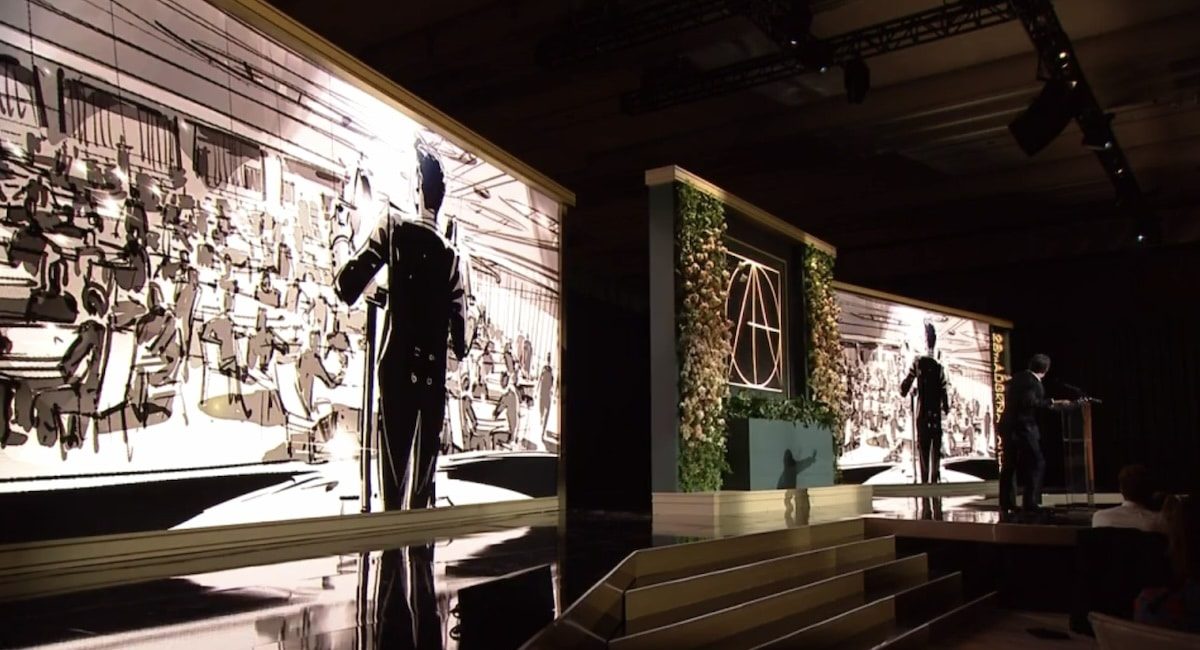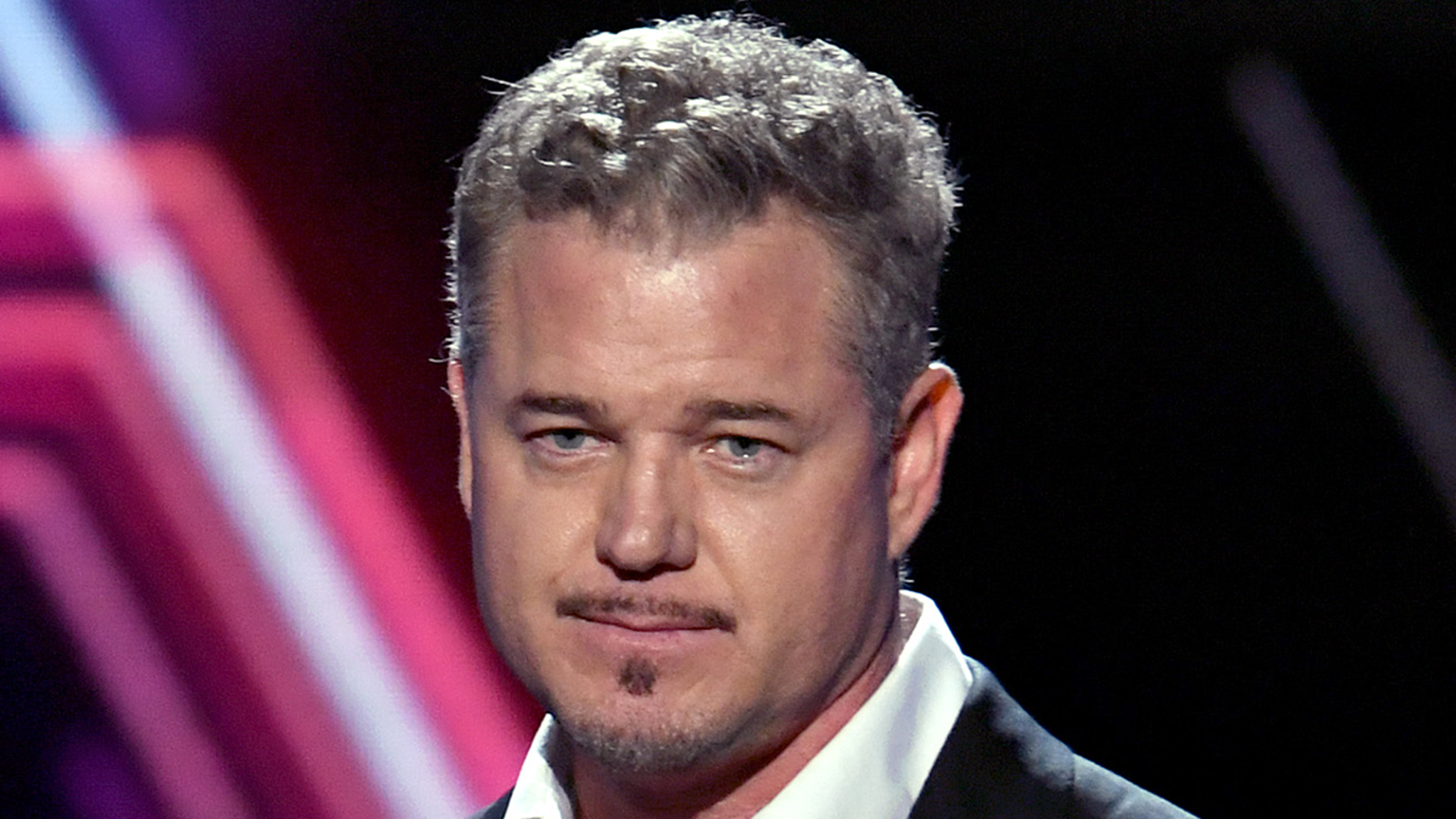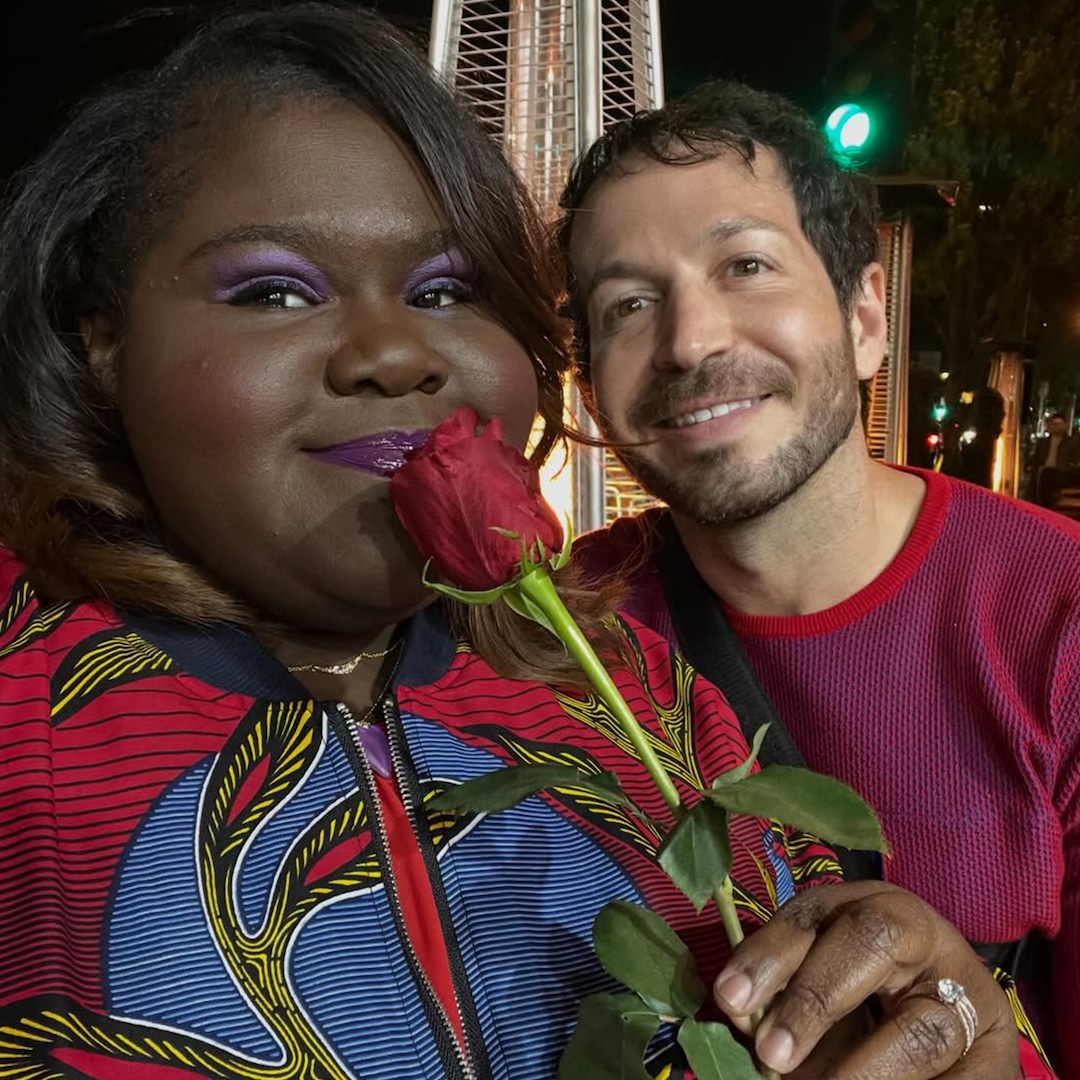The science fiction and fantasy genres might seem to be at odds with each other, but there’s actually a lot of overlap. There are some great sci-fi shows that all fantasy fans should check out. Fantasy fans won’t go for hard sci-fi shows like Star Trek and Battlestar Galactica, but more fantastical shows like The Mandalorian and Love Death + Robots are perfect for fantasy fans.
10
Dune: Prophecy
Frank Herbert’s Gonzo Space Opera
Frank Herbert’s Dune saga is a unique intersection between sci-fi and fantasy. It has some hard sci-fi concepts, like faster-than-light travel, but it also has plenty of fantastical elements, like a magical drug that makes faster-than-light travel possible. Denis Villeneuve’s blockbuster Dune movie franchise came to the small screen with the prequel series Dune: Prophecy.
HBO essentially styled Dune: Prophecy as Game of Thrones set in the Dune universe. It focuses on a coven of space witches (another perfect mix of sci-fi and fantasy), but it’s a sprawling epic covering the medieval conflicts between various houses and factions. Dune: Prophecy is basically a full-blown fantasy series masquerading as a sci-fi series.
9
Quantum Leap
Hoping Each Time That His Next Leap… Will Be The Leap Home
Quantum Leap is frequently categorized as science fiction, but it could just as easily be called a fantasy show. It revolves around a physicist named Dr. Sam Beckett, who finds himself bouncing from body to body. In every episode, he embodies another random person somewhere on the spacetime continuum and gets swept up in their lives.
As Sam leaps from one person to the next, he ends up getting involved in their personal relationships and fixing their problems. His theory is that if he can fix these people’s lives in the past, then the future will course-correct and he’ll eventually leap back into his own body in his own time.
8
Ironheart
The Clash Of Science & Magic
In the Marvel Comics universe, Riri Williams is the successor to Tony Stark. But Marvel Studios came up with a clever solution to avoid rehashing Tony’s story when Riri got her own series. Ironheart sees Riri using her scientific genius to build the perfect suit of armor, but she runs afoul of a villain who uses nefarious magic.
Pitting a science-based hero against a magic-based villain was an ingenious conceit. This clash of science and magic reflects a clash of sci-fi and fantasy. It uses both genres to their full dramatic potential: it uses an A.I. storyline to allow Riri to connect with her late best friend, and it uses a deal with the Devil to explore Riri’s morality.
7
Lost
An Island Full Of Supernatural Mysteries
J.J. Abrams’ mystery-box storytelling style means that a lot of the biggest questions in his movies and TV shows go unanswered. Lost was heavily influenced by befuddling shows like Twin Peaks and The Prisoner, where audiences are left confounded by spooky goings-on. When a plane crashes on a remote island, the survivors quickly deduce that it’s no ordinary island.
Lost is classic science fiction, but the supernatural mysteries of the island often border more on fantasy and horror. The black smoke monster is much closer to a fantasy villain than a sci-fi villain. Even the time travel feels more like Groundhog Day-style fantasy time travel than Back to the Future-style sci-fi time travel, because it seems to occur naturally.
6
The Mandalorian
A Lone Hero On An Endless String Of Side Quests
Although it takes place in a galaxy far, far away, Star Wars has always been more fantasy than science fiction. Jon Favreau has leaned into that in his series, The Mandalorian. The series is a Lone Wolf and Cub story about a bounty hunter taking a Force-sensitive baby under his wing and protecting him from evil forces.
In almost every episode, Mando is sent on a side quest, and a lot of these side quests have borrowed tropes and archetypes from classic fantasy stories. It has an episode with a ravenous swarm of ice spiders. It has an episode where Mando slays a dragon that resides in a cave and terrorizes a nearby village.
5
The Last Of Us
It Doesn’t Get Any More Fantastical Than Mushroom Zombies
The first episode of The Last of Us does some legwork to provide a scientific precedent for its zombie apocalypse involving climate change. But the outbreak sees a fungus spreading across the globe, infiltrating human bodies, and taking over the brain to turn people into flesh-eating, parasitic monsters. Concepts don’t get any more fantastical than mushroom zombies.
Whether it’s technically sci-fi or fantasy, the story at the core of The Last of Us is deeply human. It’s about a grieving father tasked with transporting a teenage girl across post-apocalyptic America. Along the way, he comes to love her as a daughter and realizes this is his second chance to be a dad. The series is as touching as it is terrifying.
4
Love Death + Robots
A Genre-Bending Anthology
David Fincher and Tim Miller’s animated anthology series Love Death + Robots doesn’t fall into any one specific genre category. Some of its episodes are hard science fiction, some of them are escapist fantasy, and some of them are pure, petrifying horror. Some of them are more comedic, while others are more dramatic.
As with any anthology, Love Death + Robots can be pretty hit-and-miss. There are some really great episodes and some less memorable ones in between. But when it works, it really works. Some of its best episodes are transcendent masterpieces with groundbreaking visuals and thought-provoking concepts.
3
Stranger Things
The Upside Down Is Like A Dark, Twisted Narnia
The Duffer brothers collected a bunch of different influences into their unique vision of Stranger Things. It’s a mix of E.T., The Goonies, Stephen King, John Carpenter, and Altered States. It takes place in a small American town where the government is conducting shady experiments and a group of plucky local kids get swept up in a twisted conspiracy.
It’s styled as a sci-fi show, but the only way to explain the lore is pure fantasy. The experiments have ripped open a terrifying dimension dubbed “The Upside Down,” full of supernatural terrors eager to get their claws into the land of the living. Stranger Things might be labeled as science fiction, but it’s really a blend of sci-fi, fantasy, and horror.
2
The Leftovers
The Post-Apocalyptic Mindset
Damon Lindelof’s follow-up to Lost, The Leftovers, is technically a post-apocalyptic show, but the world looks more or less the same. It takes place in a world where 2% of the population mysteriously vanished in a flash. The world seems the same, but the remaining 98% of humanity have been irreparably changed. It’s more about the post-apocalyptic mindset.
What makes it feel more like fantasy than science fiction is that there’s no solid explanation for the Sudden Departure. Scientists can’t explain it, and the people who disappeared are too random for religion to explain it as a rapture-like event. So, the survivors are left in the aftermath, trying to make sense of it and move on with their lives.
1
The Twilight Zone
Rod Serling’s Timeless Allegories
Rod Serling’s classic anthology The Twilight Zone has some episodes that skew closer to sci-fi, some that skew closer to fantasy, some that skew closer to horror, and some that exist in a genre of their own. But regardless of genre, it’s one of the most profound and socially conscious shows ever made.
Serling couldn’t get his politically charged scripts produced, so he came up with an ingenious way to sneak his politics past the censors and advertisers. He used sci-fi, fantasy, and horror stories to allegorize contemporary social issues. This meant that The Twilight Zone was timeless. Those allegories still have real-world parallels today, so they’re still just as powerful.

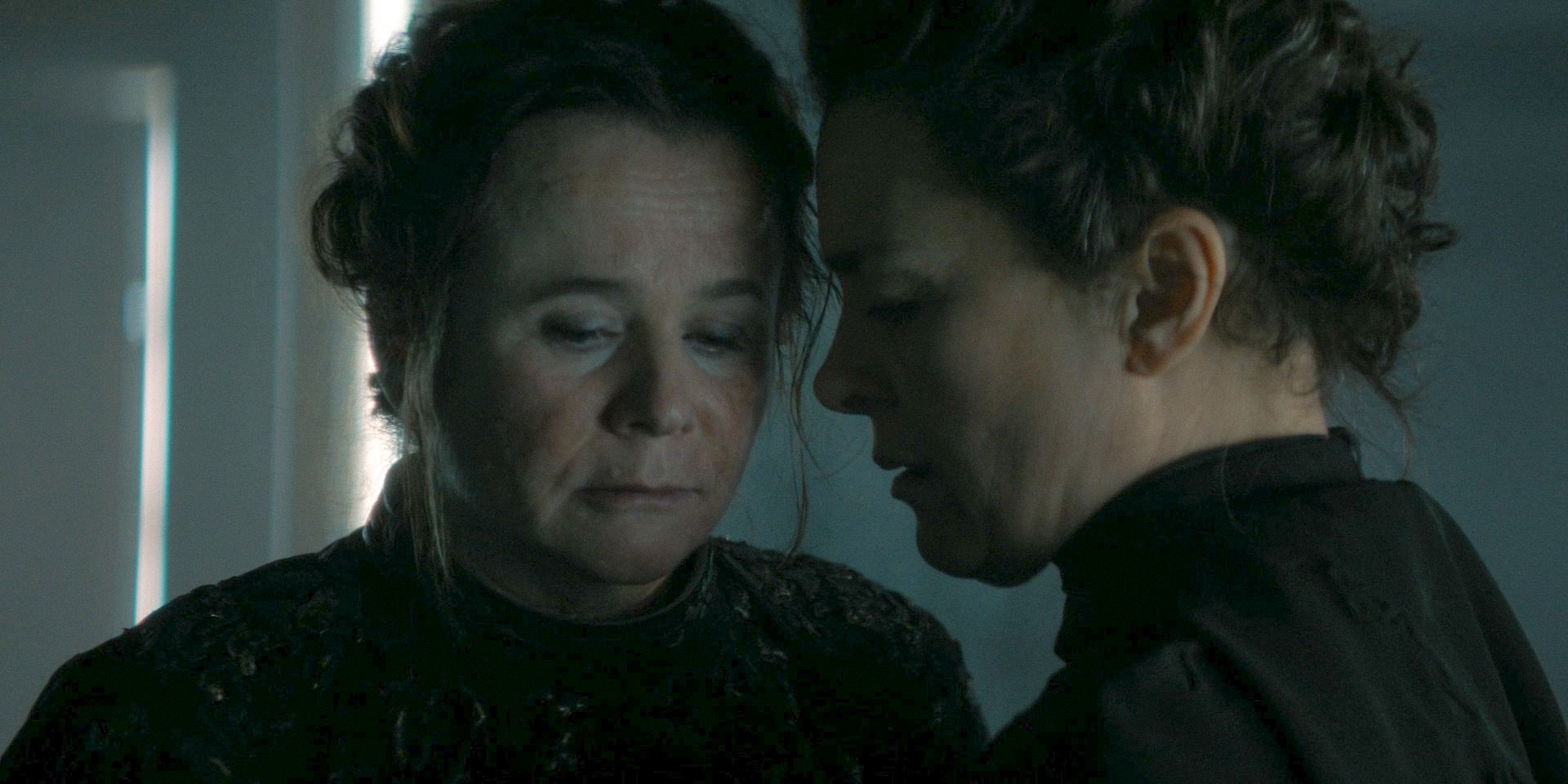
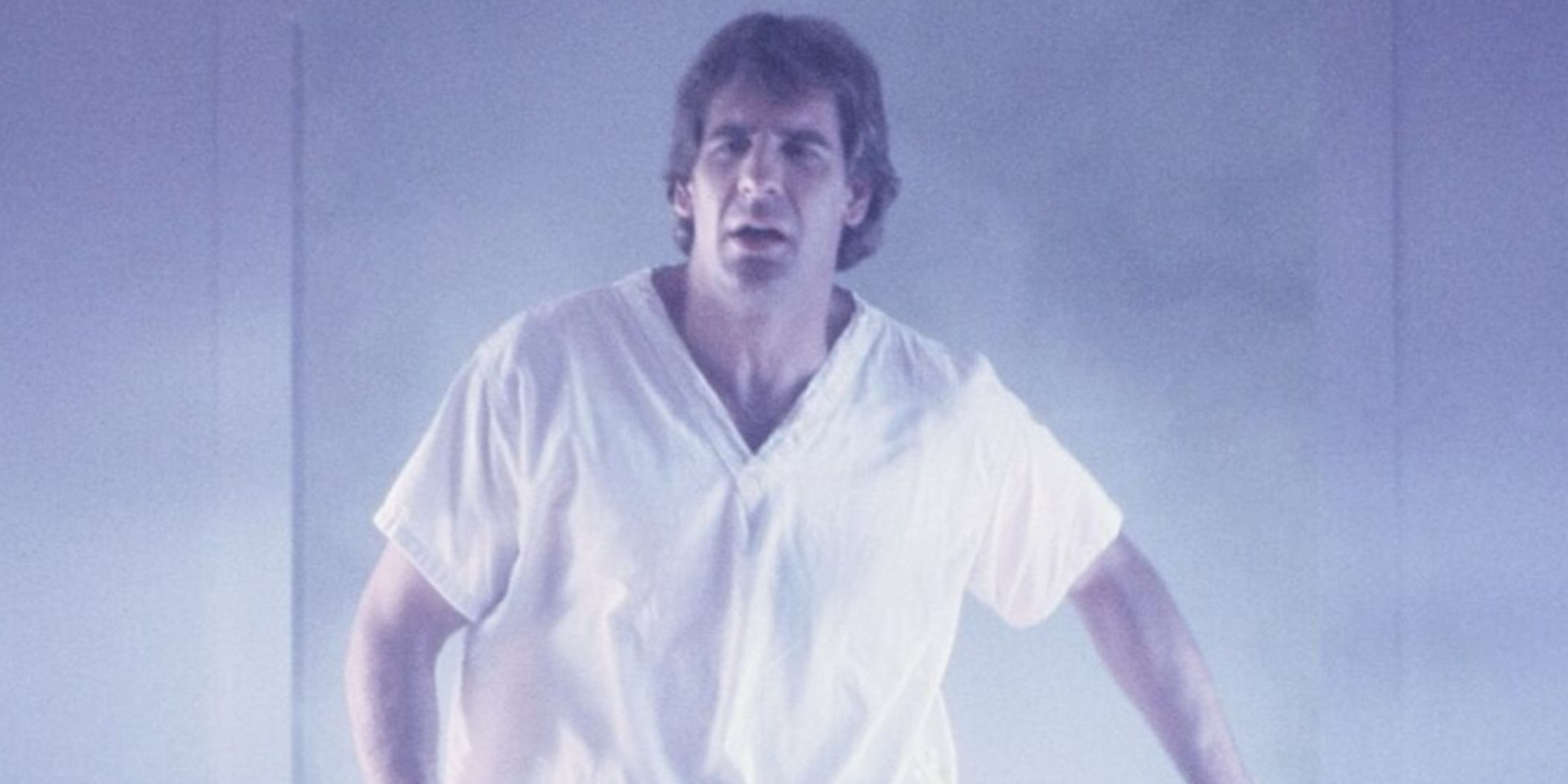
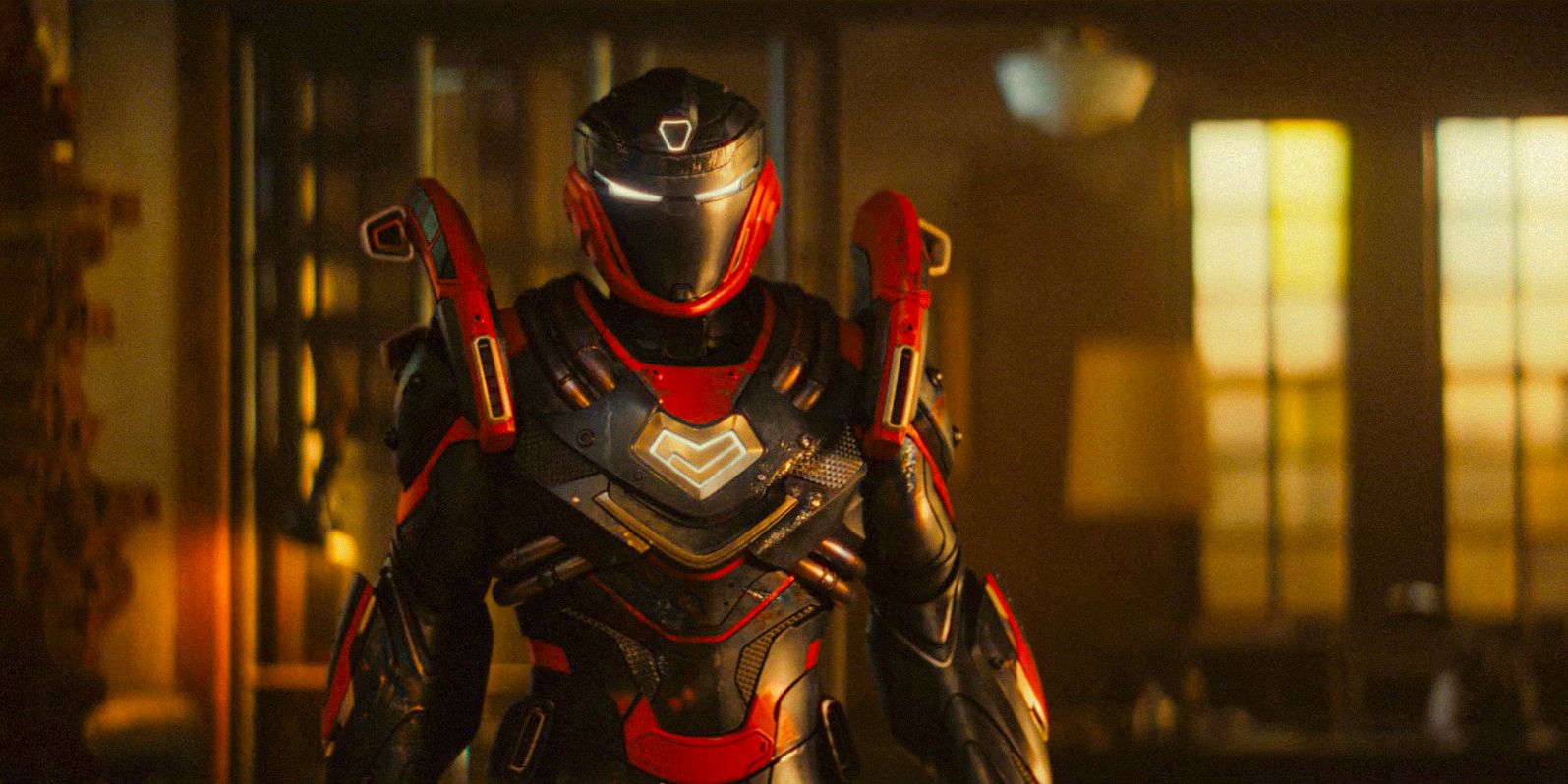
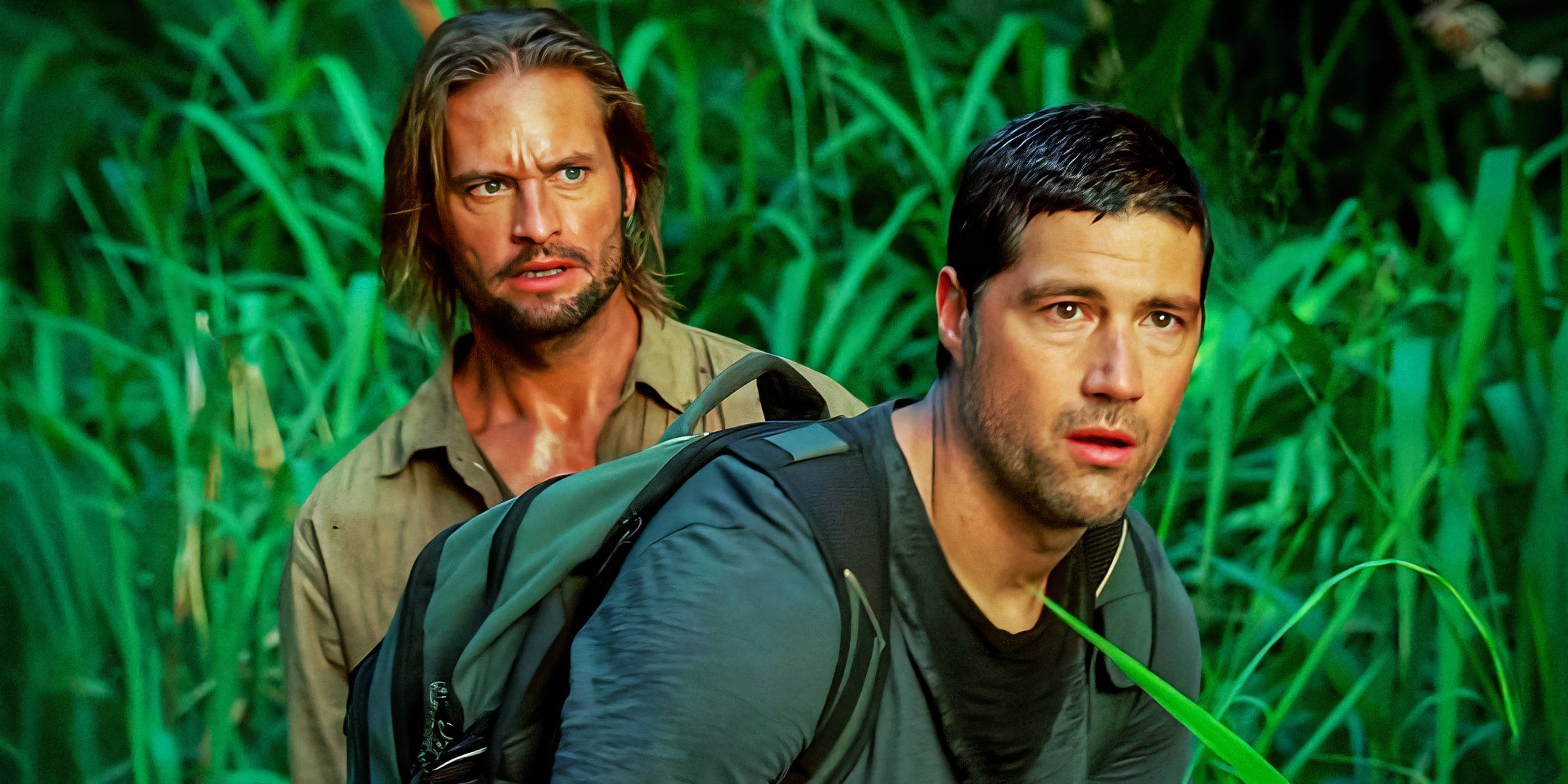

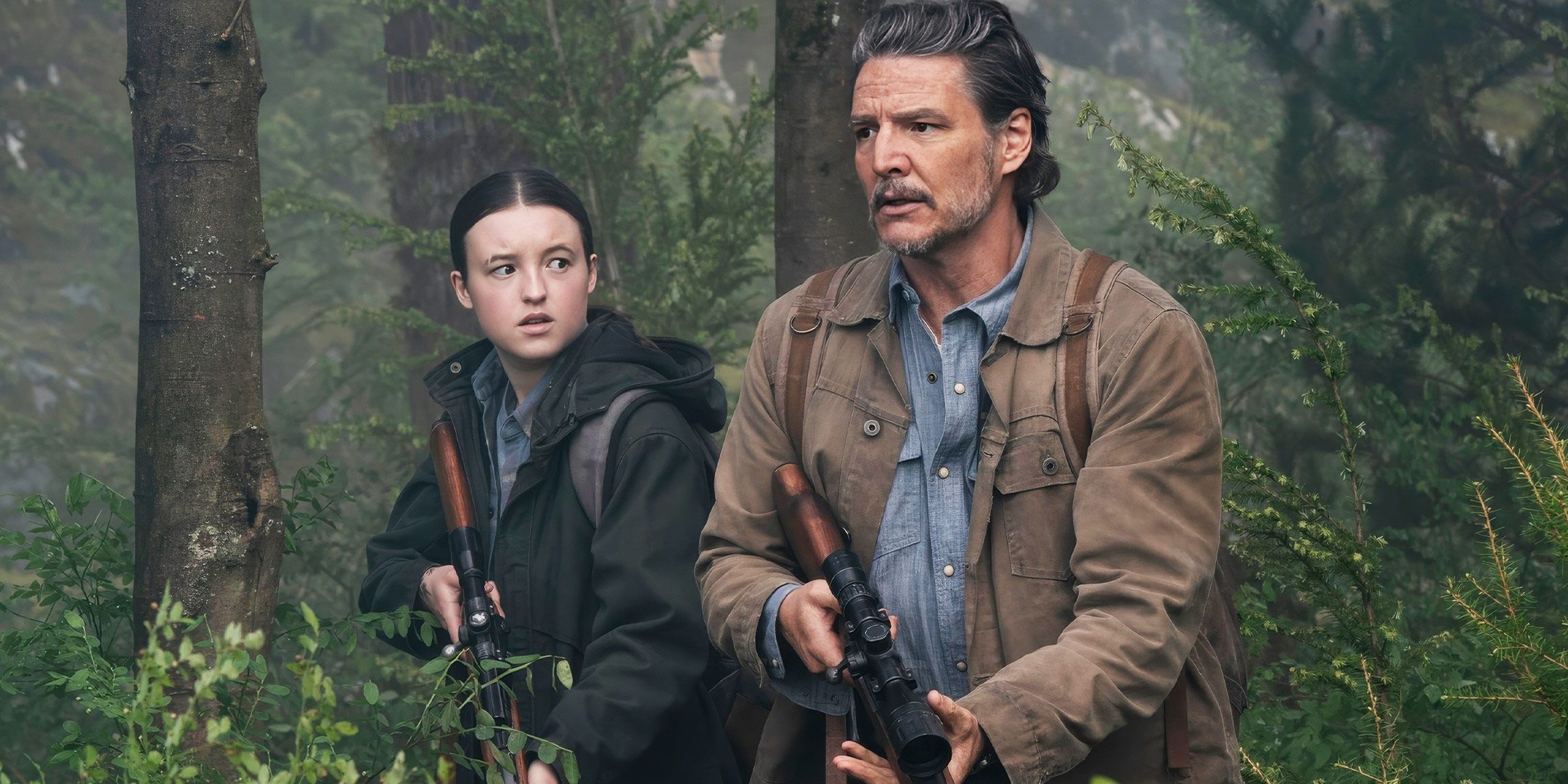
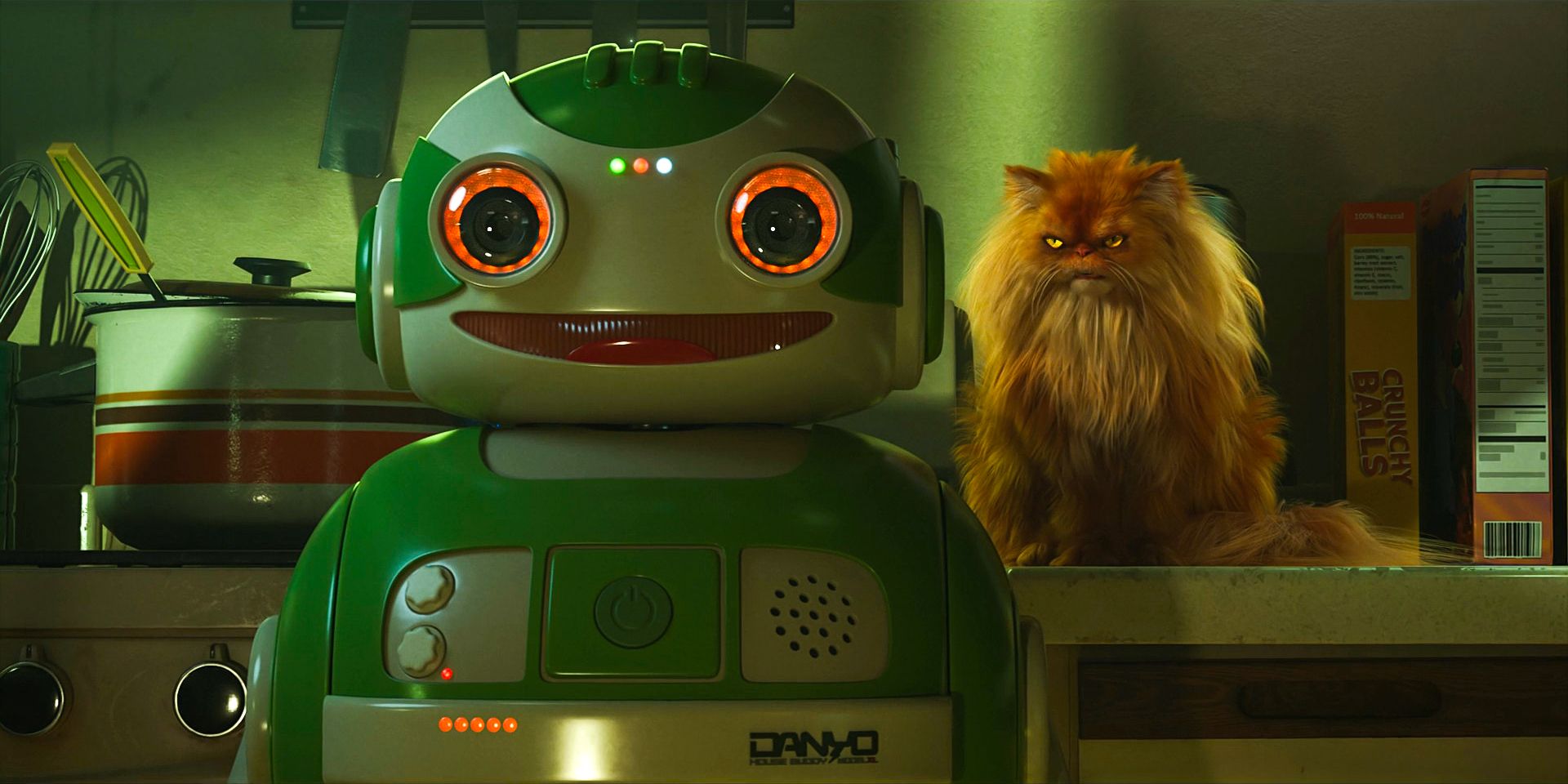
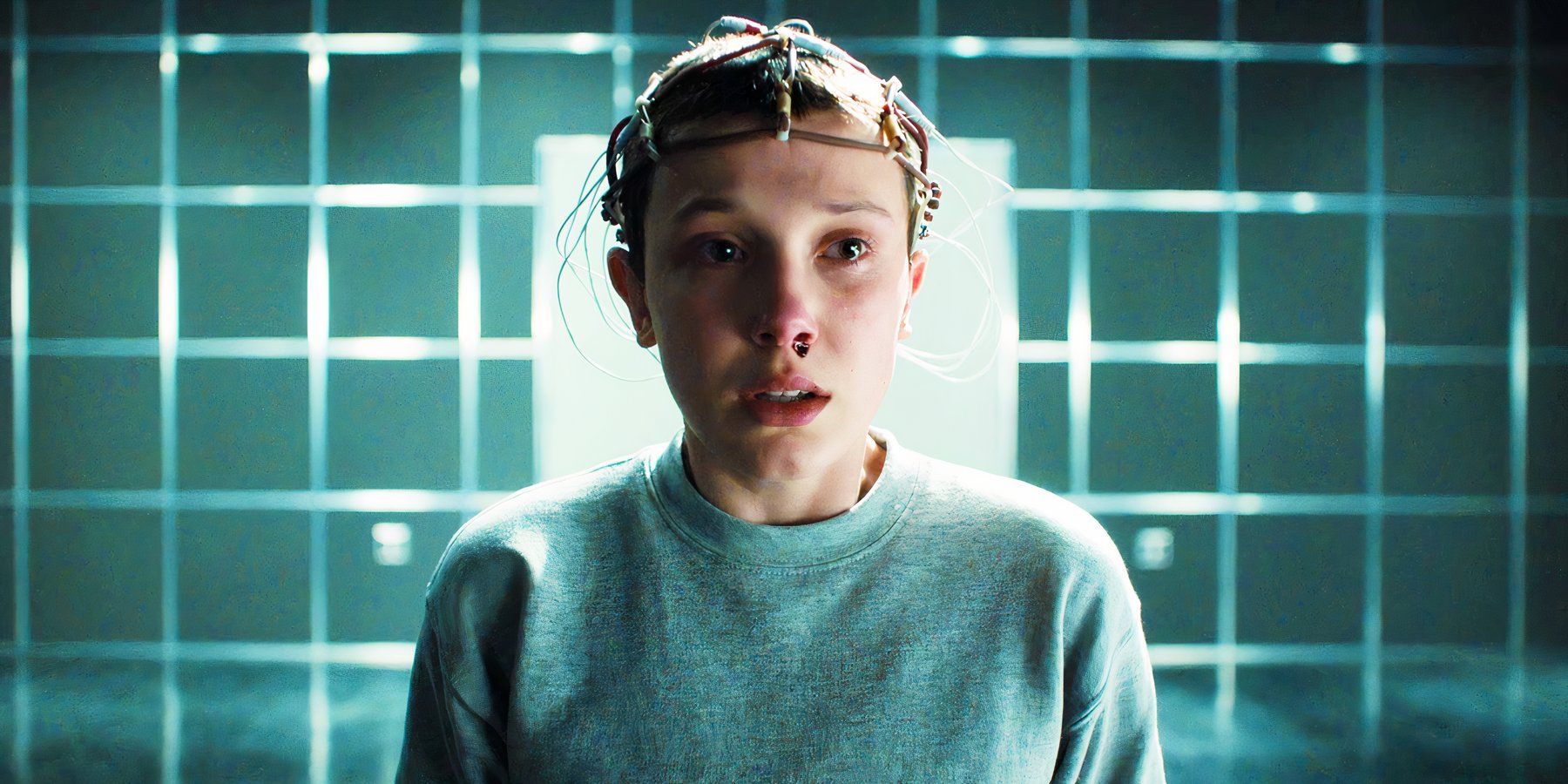
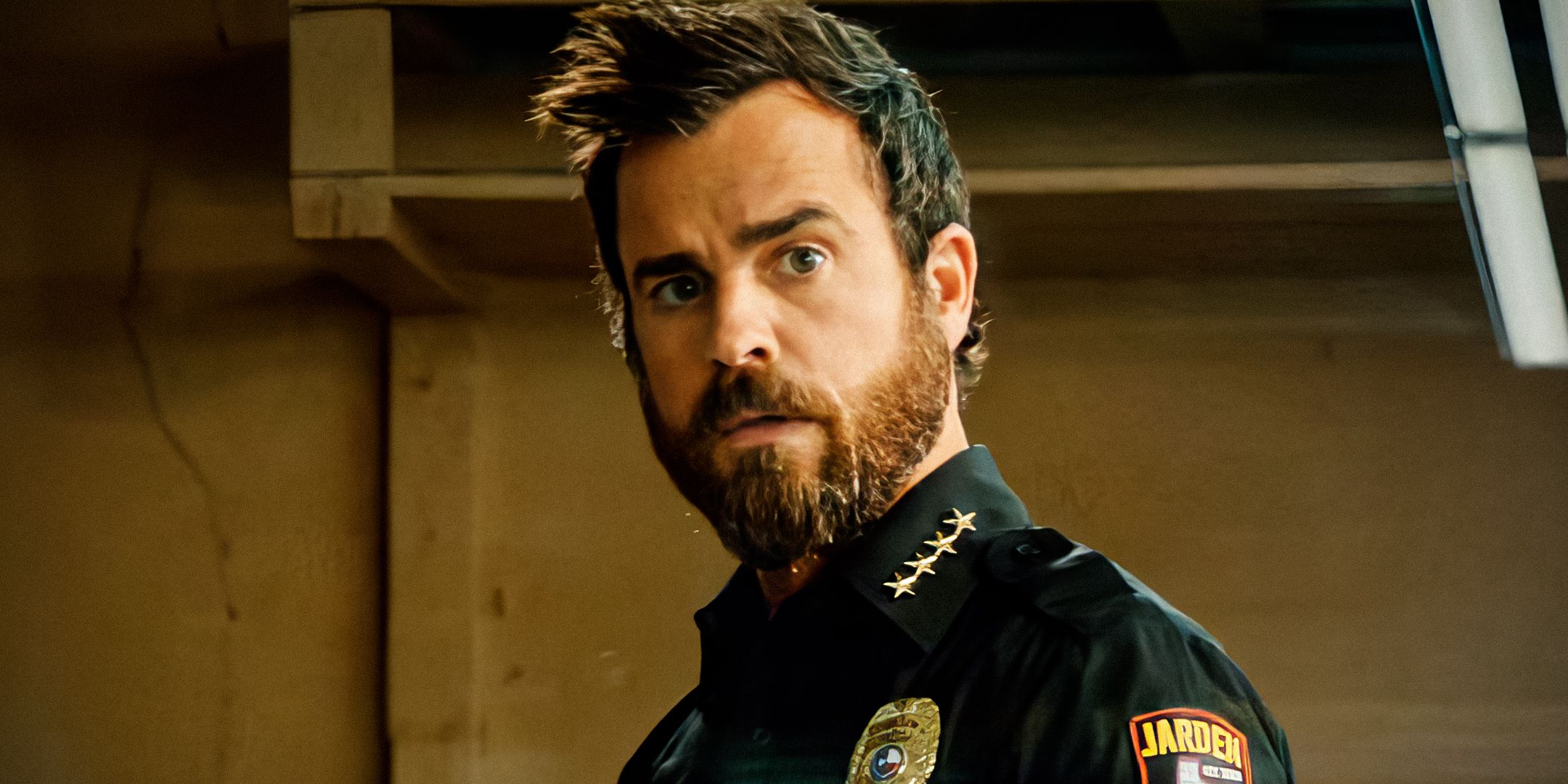



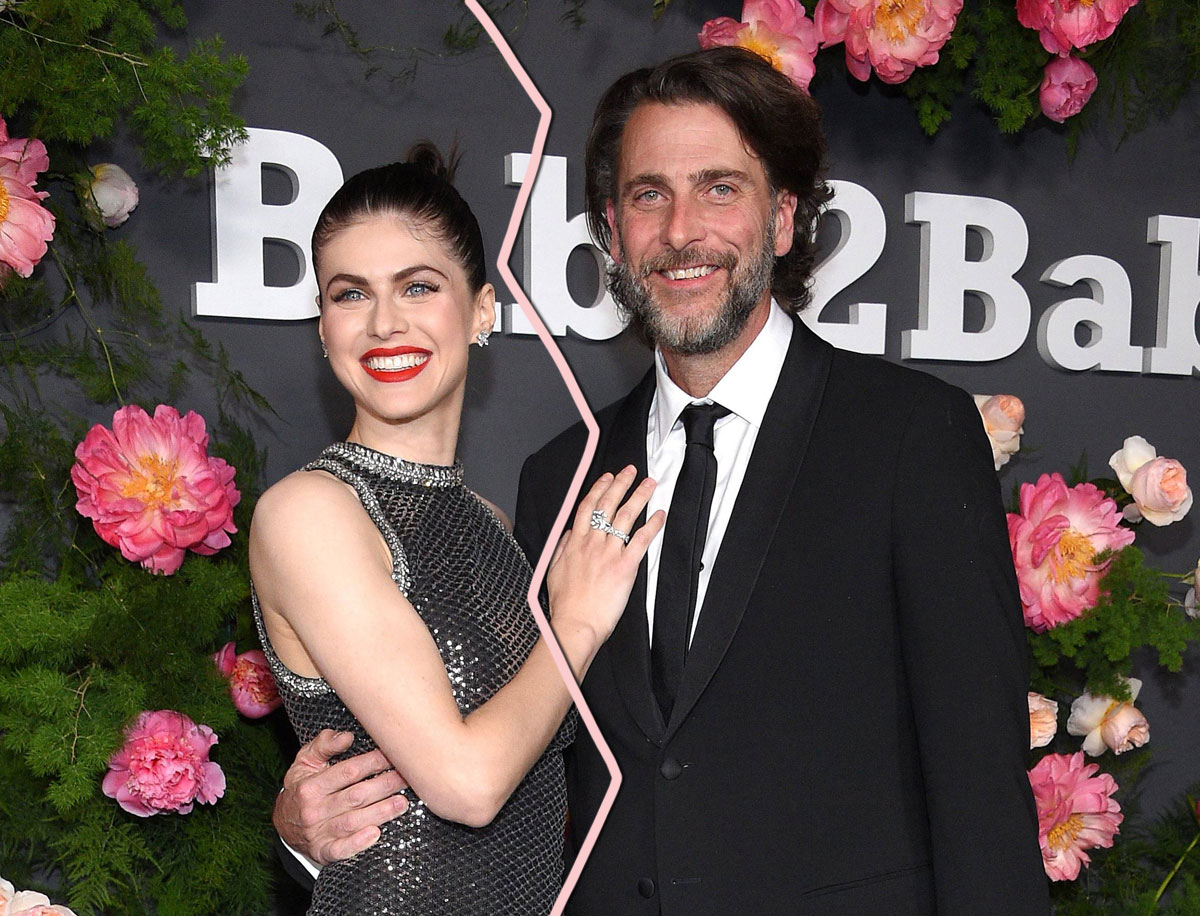




:max_bytes(150000):strip_icc():focal(742x275:744x277)/taylor-swift-travis-kelce-timeline-092523-tout-669c64f9a1c0492ab5c8853b508a9996.jpg)
